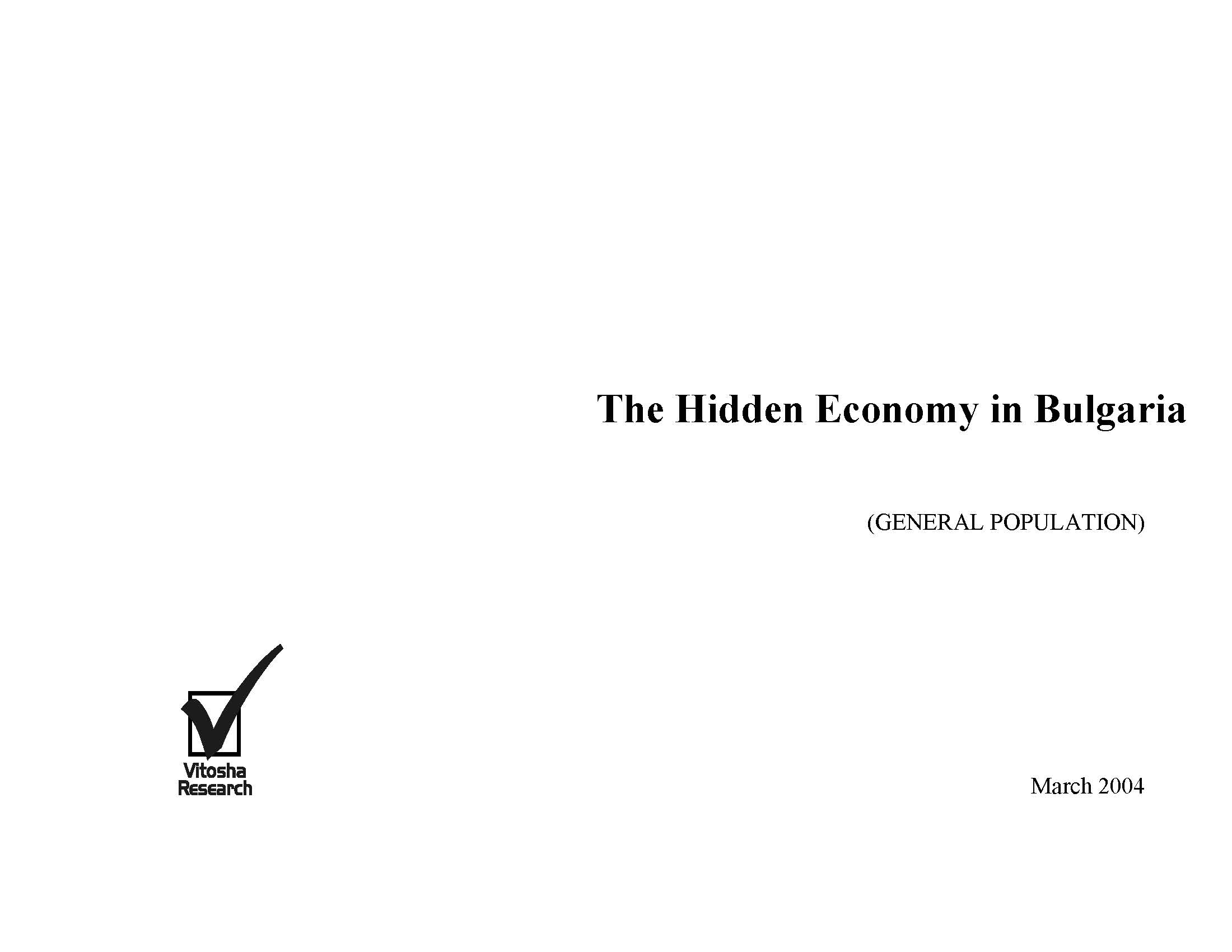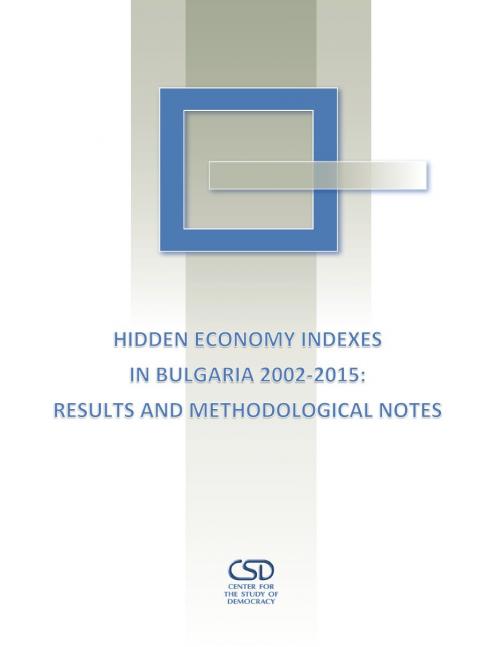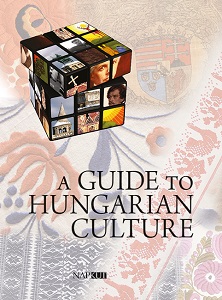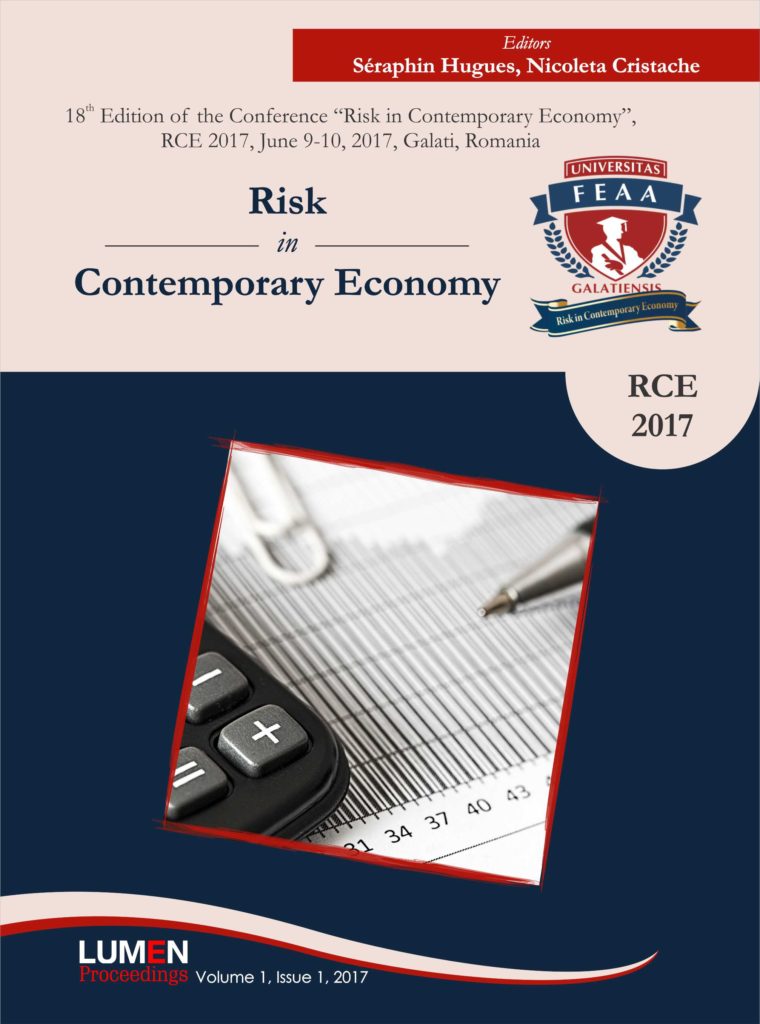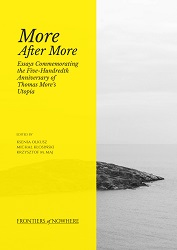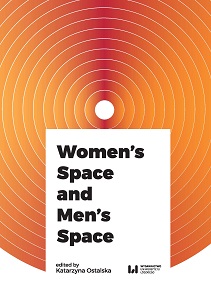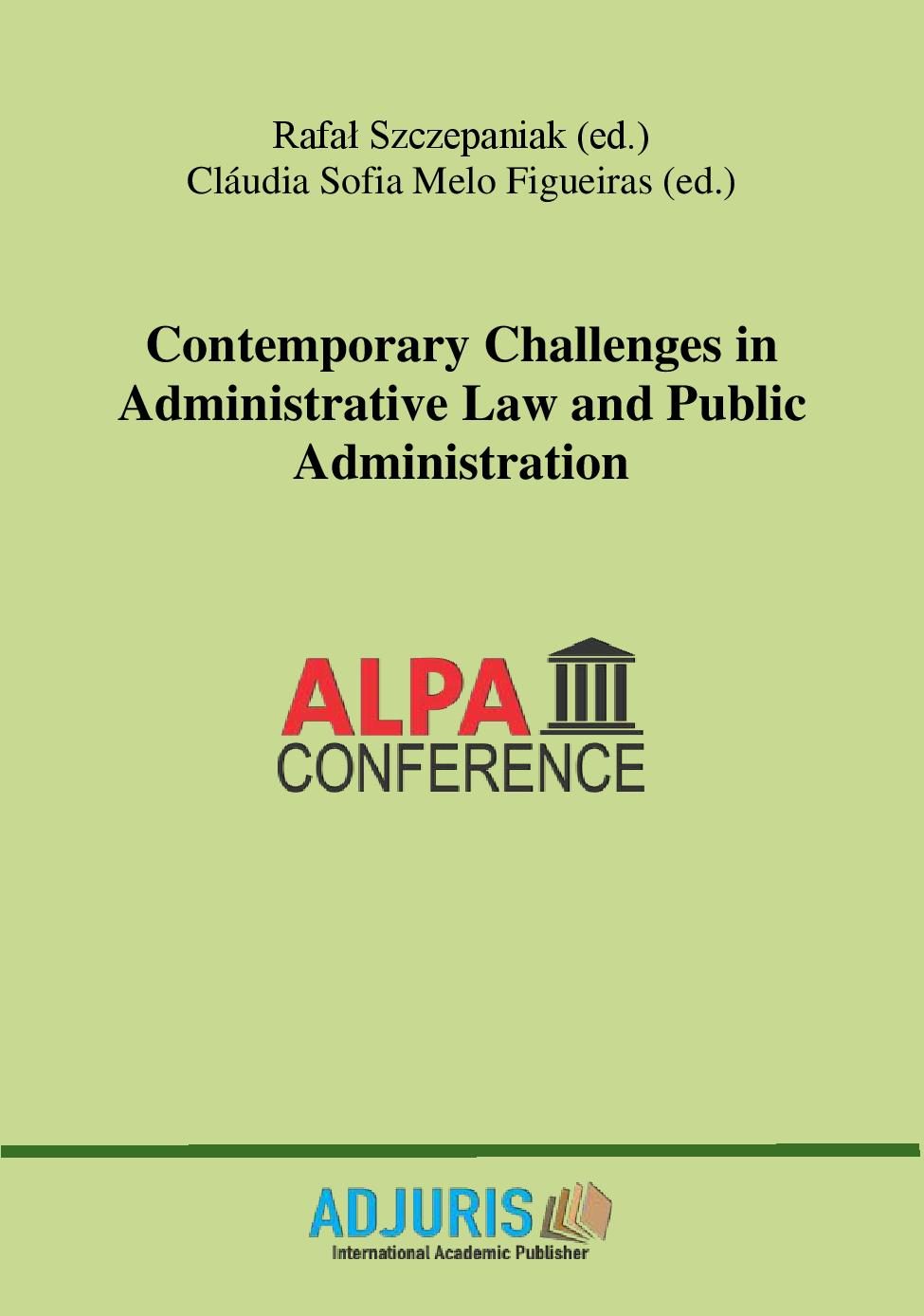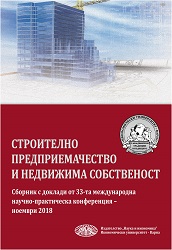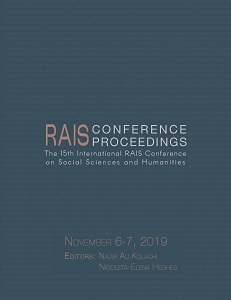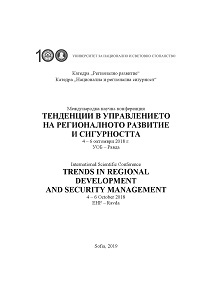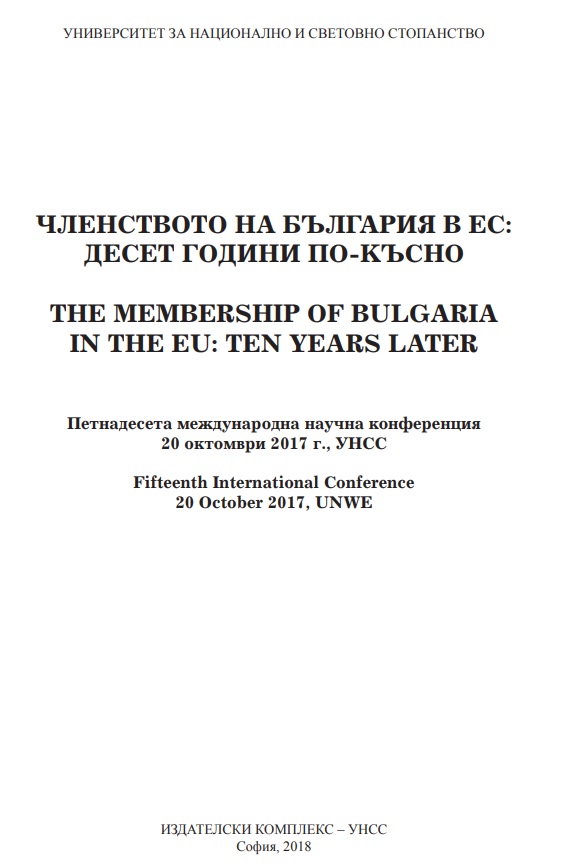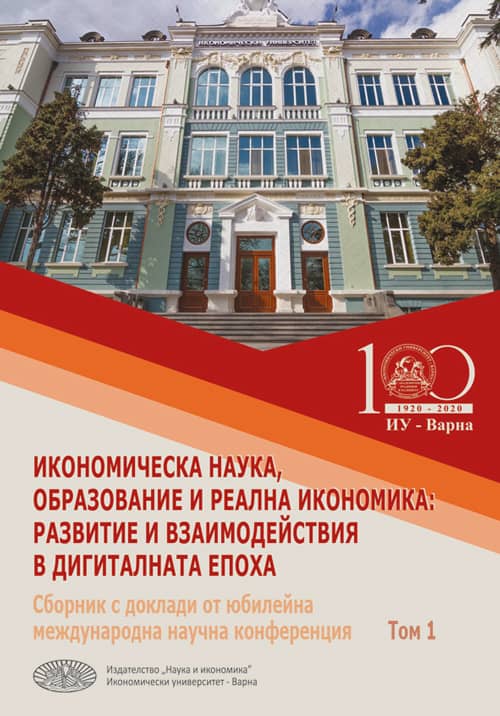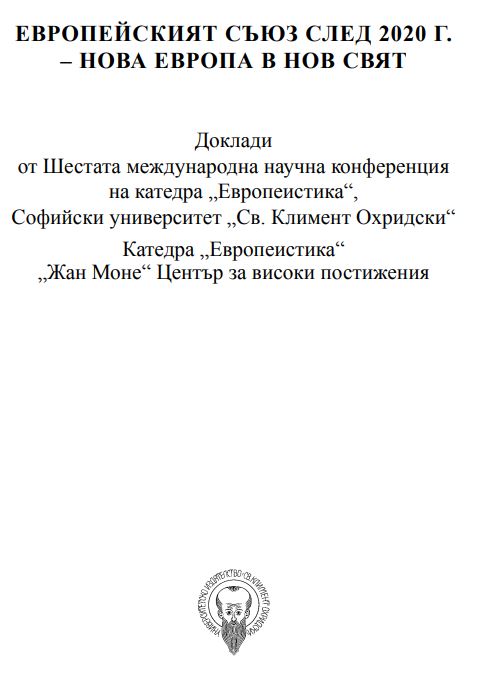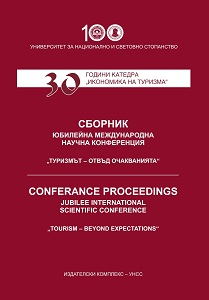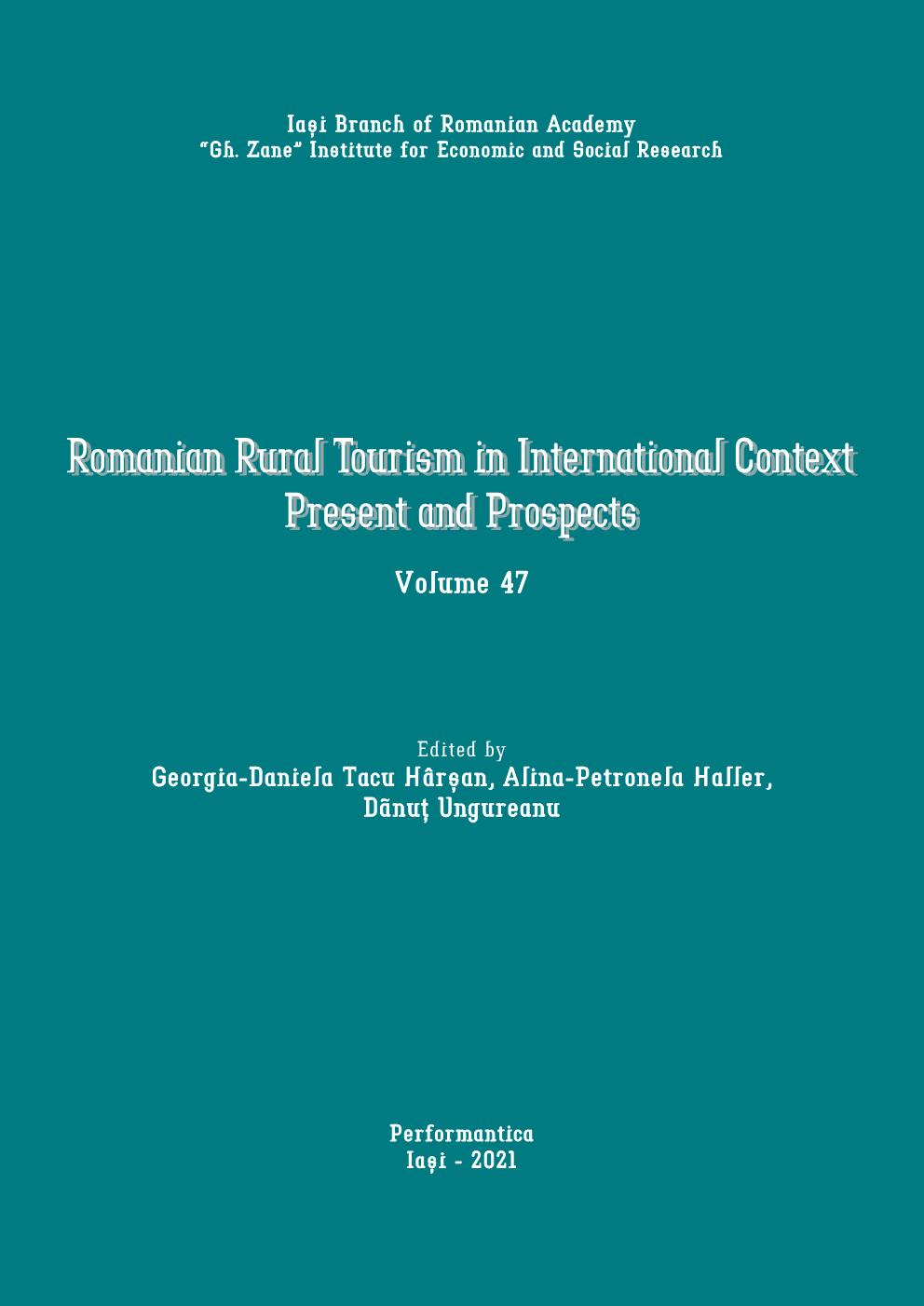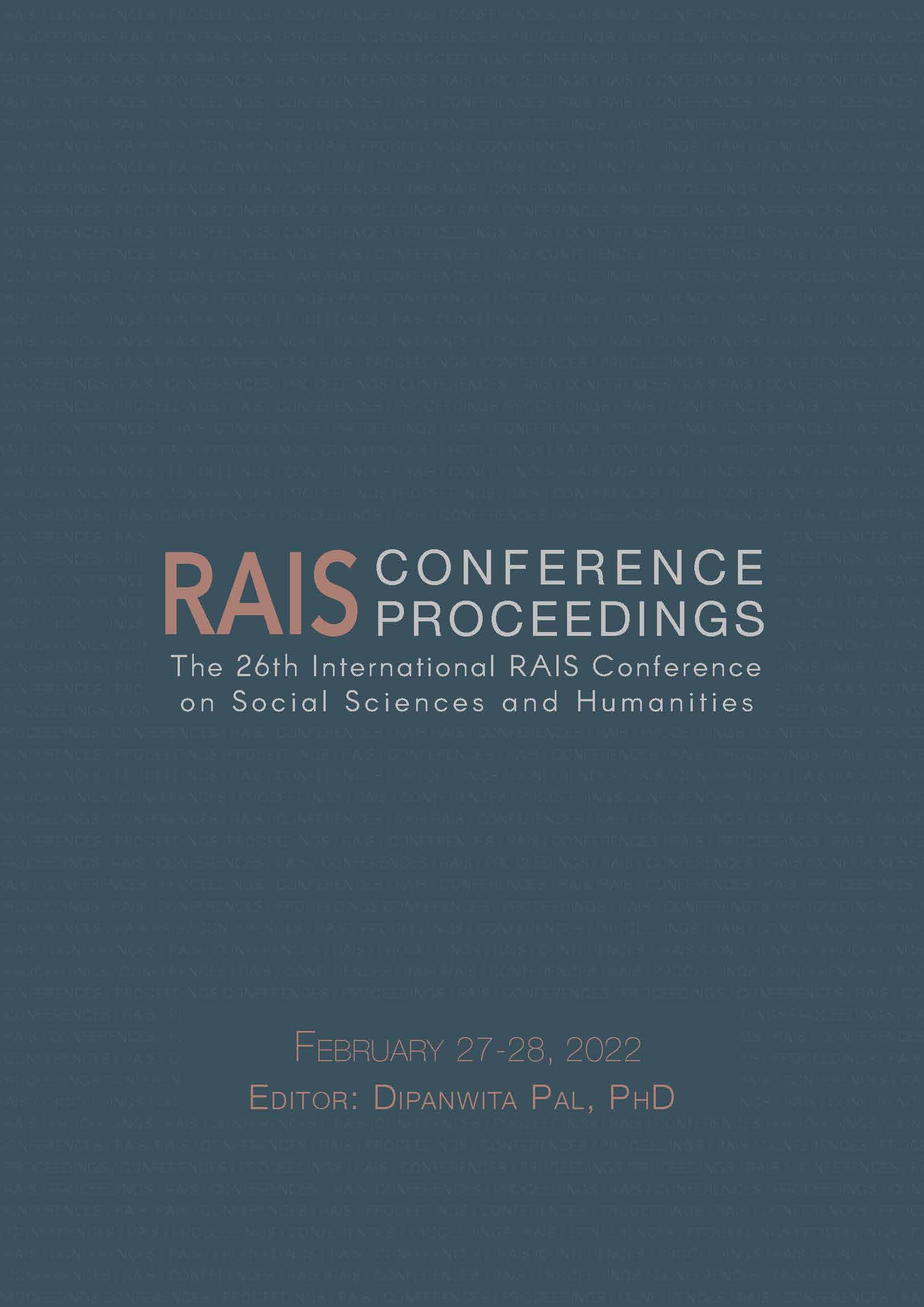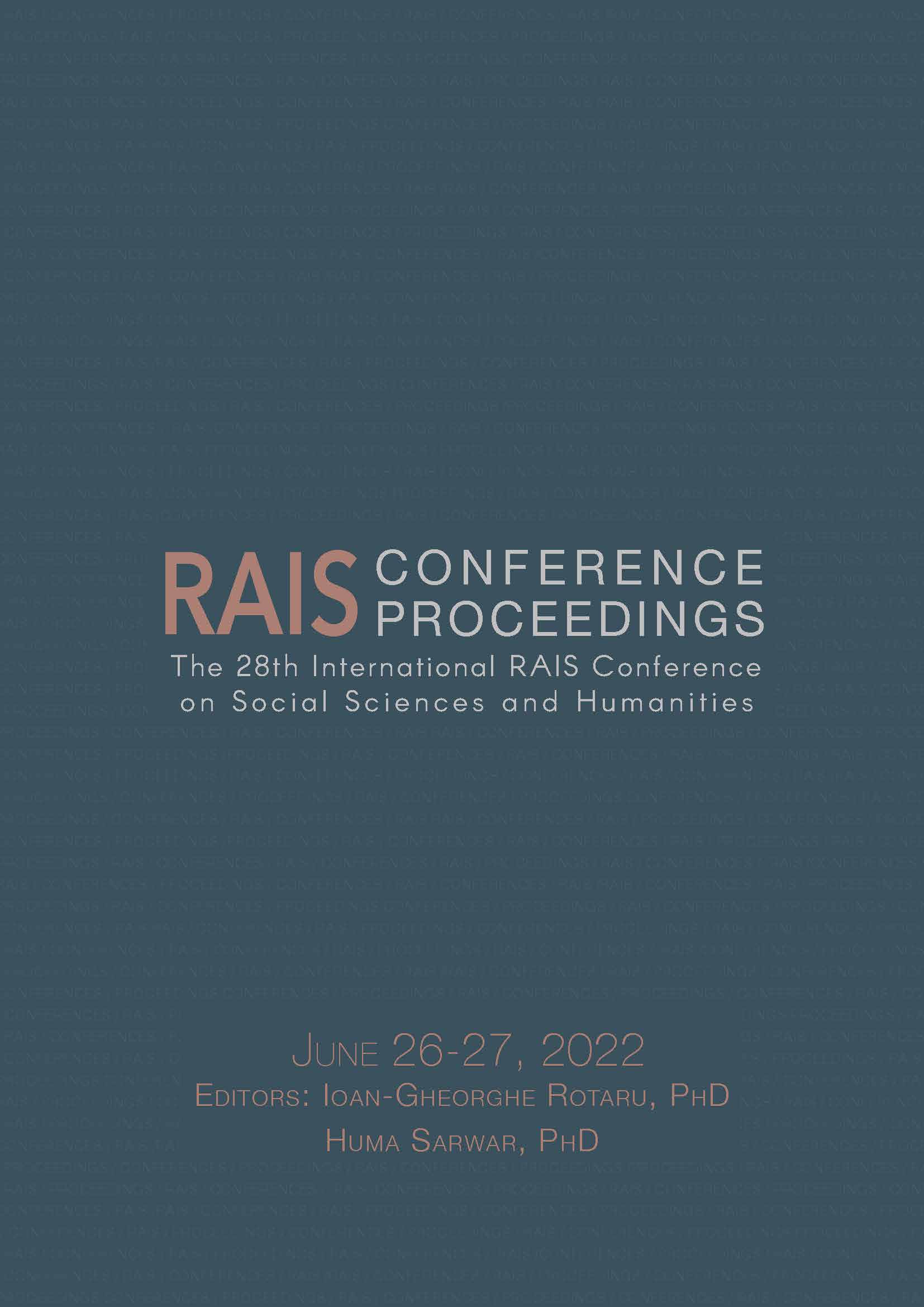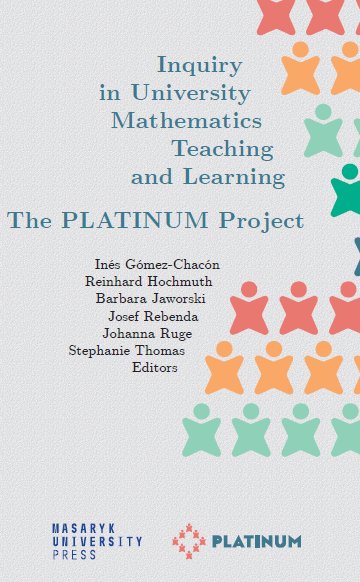Tactics of the Search. Collection of Objects and Documents
Author(s): Cosmin Butură / Language(s): English
/ Publication Year: 0
Keywords: investigation; tactics; procedures; forensics; evidence
When a crime is committed that is likely to damage state or private property, a criminal investigation is used, one of the important objectives of which is a search. By search, we mean a criminal procedural act carried out by investigators for the purpose of discovering the truth by uncovering elements of a criminal nature that are favorable to the prosecution of the person who has acquired the status of defendant. Following the ex officio referral to the criminal prosecution authorities or following a referral via the 112 emergency service of a crime against property, the State acquires the status of investigator in solving the reported crime. According to the Civil Code, the right to property is guaranteed, so the violation of this right by malicious persons, by committing offences against property, brings the investigating authorities from both sides into the same sphere of action. They have an obligation to investigate whether there are grounds for bringing the defendant to trial by taking evidence from the scene of the crime and from other places where the defendant is believed to have hidden important evidence in the case. I mention this point in relation to important evidence in the case file because the search itself is aimed at finding evidence that ultimately leads to the conviction of the defendant, such as objects, money, etc. It should be noted that we should not confuse the search with the investigation on the spot, which are two distinct aspects. The on-the-spot investigation involves finding evidence leading to the real suspect. In terms of a search, it is understood that the criminal investigation authorities already have a suspect, and the investigation is carried out at the places where the suspect has spent his day-to-day activities from the beginning of his crime until the time he is apprehended by the authorities. This investigation is therefore called a search. Procedurally, the search starts with the suspect’s home, where he is believed to have spent most of his time, and then to other places where the suspect is believed to have carried out various activities. The most common places where investigators carry out searches are the homes and/or residences of persons close to the suspect or the home/residence of a stranger with whom the suspect has had new contact immediately after the crime was committed. Thus, from an etymological point of view, the notion of evidence comes from Latin and means "to prove," and the word "probation" means proof. Therefore, this article will cover topics such as the importance of the search and the collection of objects and documents, criminal procedural regulations, the classification of searches from a forensic tactical point of view, the preparation of the search, the specifics of probation work and its role in the trial phase and the procedure of probation.
More...
